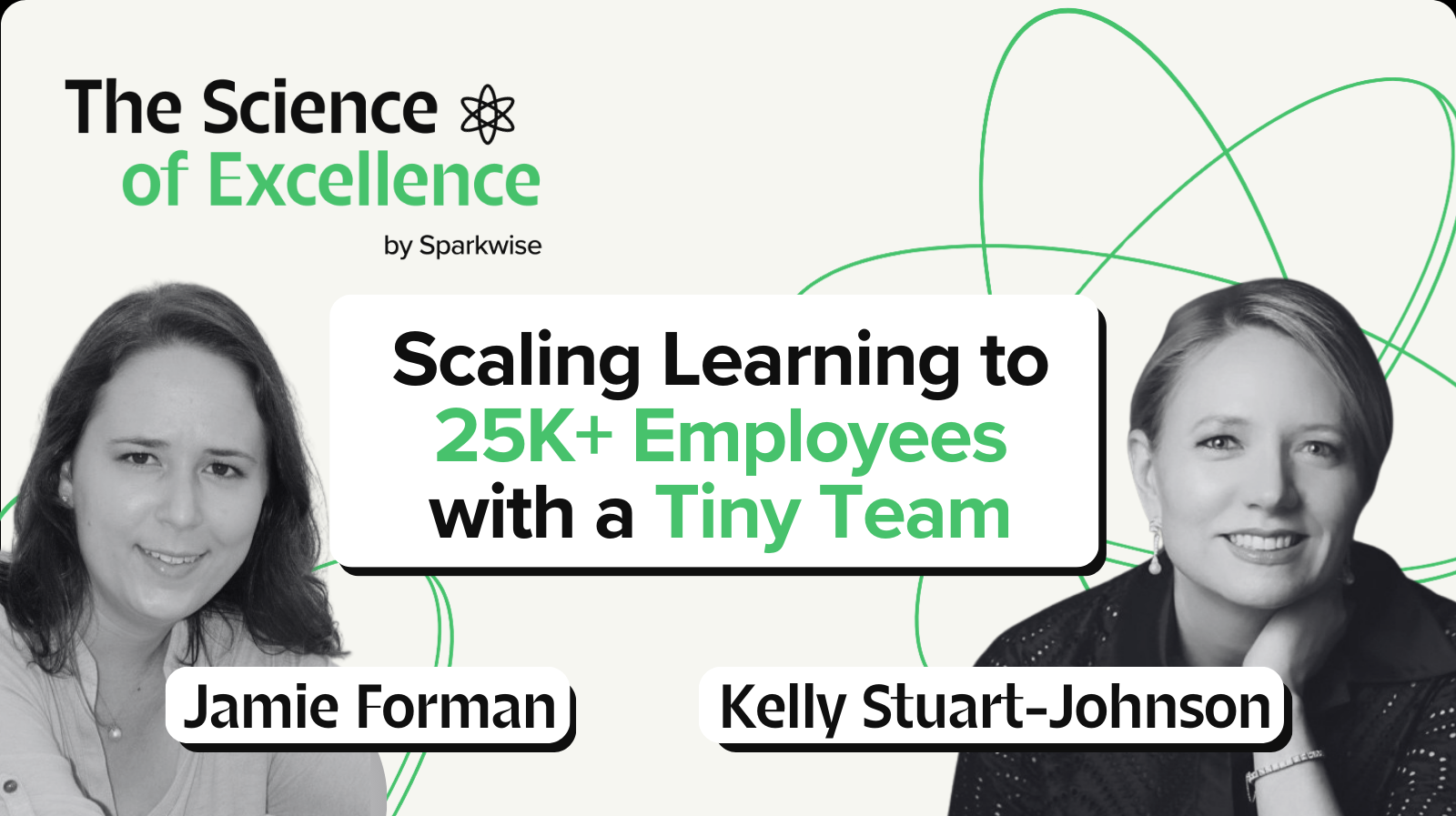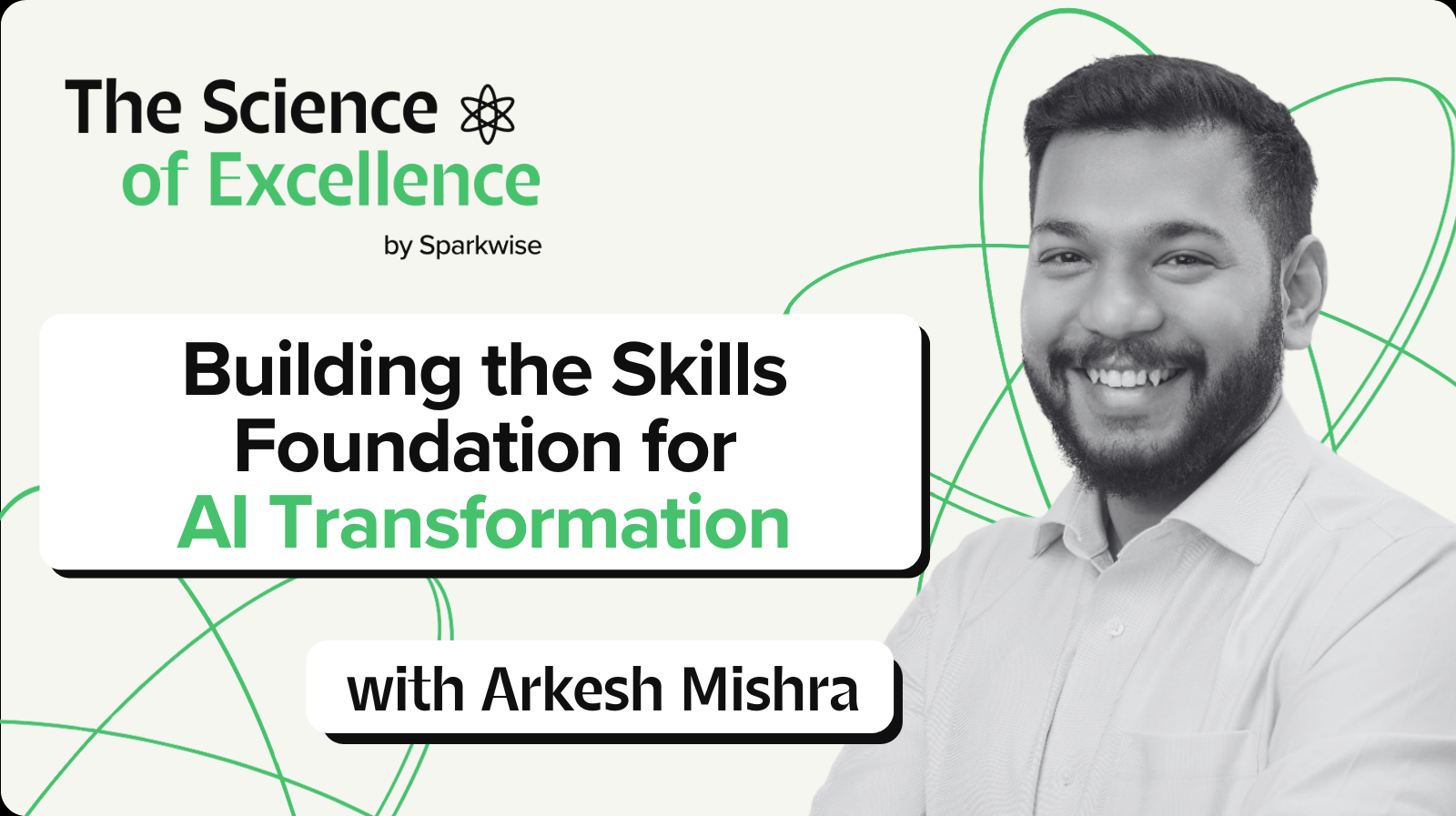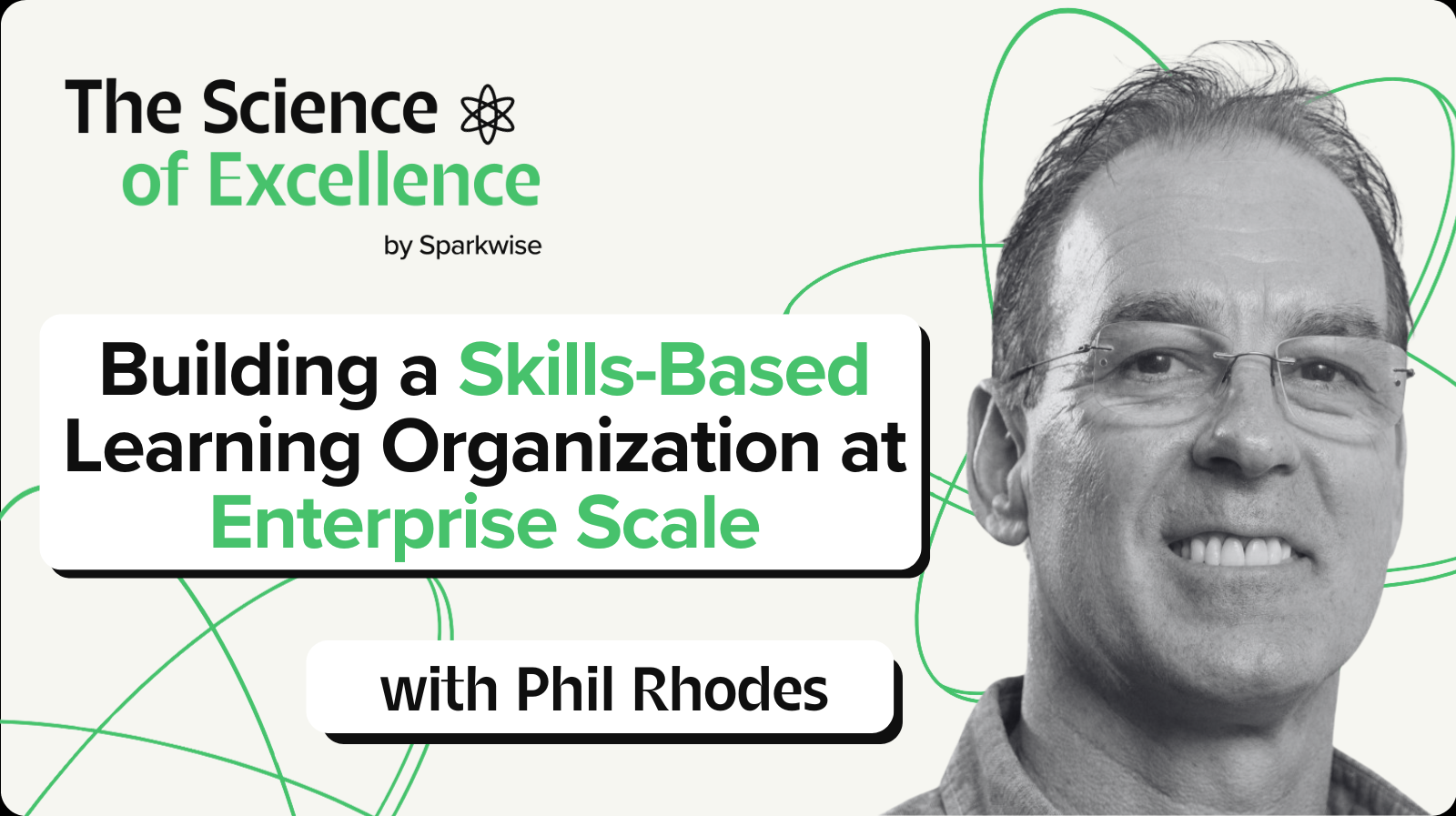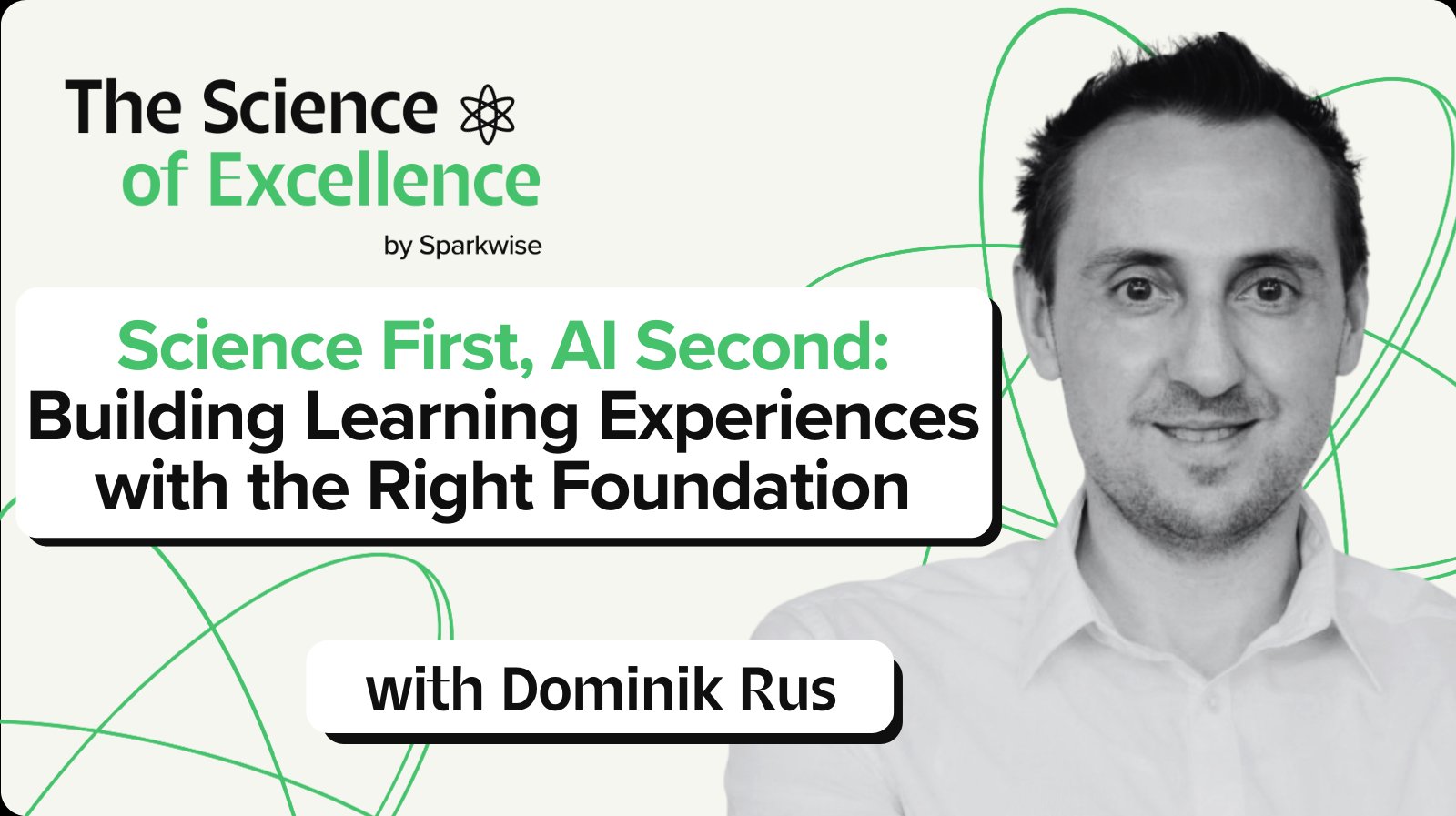In this episode of The Science of Excellence (rebranded from Learning Unbound), I sat down with Geoffrey M. Roche, Director of Workforce Development at Siemens Healthineers, We talked about how healthcare organizations across America are approaching talent and training today.
Geoffrey argues that healthcare is ripe for a fresh take on talent development. The tried-and-true paths through degrees and certifications have gotten the industry this far, but today's workforce realities mean it's time to think differently about how organizations grow and support their people.
After a decade in hospital leadership, he's seen firsthand what works - and what desperately needs to change - in the way the industry approaches talent development.
Our conversation explored why traditional approaches to career development are falling short and what healthcare organizations can learn from European models of apprenticeship and on-the-job learning. His insights challenge many assumptions about what keeps healthcare workers engaged and growing.
Below, I summarize these 5 main themes from our discussion:
- Talent development shouldn’t stop at the top
- We can’t let degree requirements stand in the way of talented people
- It’s time to invest in alternative models of career advancement
- Growth matters more than money
- Leaders from humble beginnings are key change agents
Talent development shouldn't stop at the top
In Geoffrey’s Words:
"We've invested in learning and development for leaders, usually director and up. But we haven't invested in learning and development at the middle, and we certainly haven't invested as much in learning development at the more entry level."
Healthcare organizations typically pour resources into developing senior leadership while overlooking the vast majority of their workforce. This selective approach to development creates a critical gap in the talent pipeline and leaves many capable individuals without clear paths for growth.
The impact goes beyond individual careers. Without comprehensive development at all levels, healthcare organizations struggle to build the kind of deeply capable teams needed to handle today's complex challenges.
We can’t let degree requirements stand in the way of talented people
In Geoffrey’s Words:
"One time I had to fight for over a year to promote somebody who had only a high school diploma because in their eyes and human resources eyes, they had to have a college degree to be promoted into a management role. And I said, that's hogwash."
Rigid degree requirements often block talented individuals from advancing, even when they've proven their capabilities on the job. Geoffrey shares how he discovered that even some C-suite members in his organization lacked college degrees, exposing the arbitrary nature of these requirements.
This disconnect between paper credentials and actual ability continues to hold healthcare organizations back from developing their best talent. The solution isn't lowering standards - it's recognizing that capability comes in many forms.
It’s time to invest in alternative models of career advancement
In Geoffrey’s Words:
"We've got to move to apprenticeship degrees in the United States. Europe has it. It works out very, very well... When we learn and earn on the job, we have a great opportunity to kind of create this very sticky career mobility and career pathways."
Looking beyond traditional education models, Geoffrey points to European apprenticeship programs as a blueprint for healthcare workforce development. These programs combine formal education with on-the-job learning, creating more practical and accessible paths to career advancement.
This approach isn't just theoretical. Organizations like UW Health in Madison, Wisconsin are already showing how apprenticeship models can create sustainable talent pipelines while improving retention and engagement.
Growth matters more than money
In Geoffrey’s Words:
"In fact, this year, two years in a row, there's been surveys done in healthcare systems where overwhelmingly they've cited that over pay they'll choose to stay in a healthcare system if their organization invests in them to continue to grow."
This insight challenges the common assumption that compensation is enough to drive retention. Healthcare workers, particularly younger generations, prioritize opportunities for growth and development over higher pay.
The message is clear: people want to grow. Organizations that provide genuine opportunities for development are more likely to keep their best talent, even when competing against higher-paying alternatives.
Leaders from humble beginnings are key change agents
In Geoffrey’s Words:
"Leaders who remember their humble beginnings as it relates to this topic tend to do better when it comes to investing in their people."
Leaders who've climbed the ranks themselves bring a unique perspective to talent development. They understand firsthand the barriers, opportunities, and support needed to grow within healthcare organizations. This experience often translates into more effective approaches to developing others.
Their personal journeys create natural advocates for comprehensive development programs. They've experienced the impact of both good and poor development practices, shaping their approach to investing in their teams.




.png)



.png)
.png)




.png)


.png)
.png)









.png)











.png)